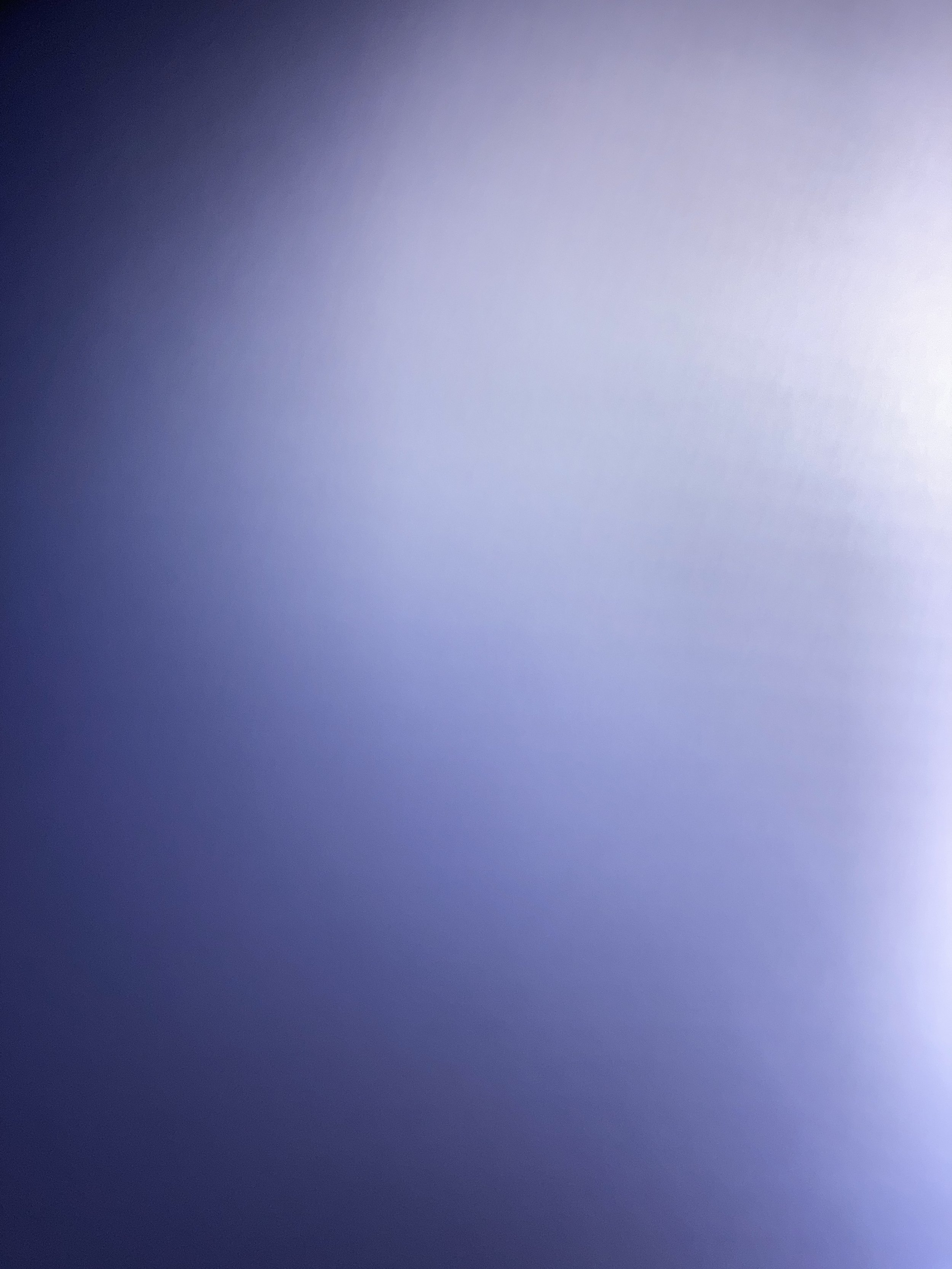
alongside
2017-Now

Nauda
Oriental Magic takeaway
the transformative landscapes
a story about ruby
2023 Architectural Association, London
Director Yue Cao
Performances Yuchen Wu
Soundtrack Xuanni He
No more practicing
My friend Ah Mu invited me to perform at her closing exhibition. It's not exactly a concert, but she wanted me to demonstrate how I usually practice the violin. I pretended to agree, and named this performance "No More Practice." On the day of the performance, I wore the black concert attire that I usually wear when performing with the symphony orchestra.
I used a saw on stage to physically disassemble a violin. Attached to the violin was a contact microphone that transmitted the noises created by the disassembly to the mixing console. The mixing console, in conjunction with the effects processor, then modulated and outputted the feedback from the noises.
In the end, I picked up the pieces of the violin, which had been cut into fragments, and presented them to Mu as a gift.
Musicians who have passed through Kaiselu/players: Ah Mo, Xuan Ni, Da He, Fish, Ray, Ah Xiang, Qi Qi, Sanya, Juan Juan, Xiao Bai Neng, Xiao Lei, Ah Ke, Ren Shang.
KAISELU開澀露
A band with an unrestricted membership.
I am modifying the Sahara
"I Am Modifying the Sahara" is a 12-day experimental event initiated by Mu. Participants include theatre creator Mu, Da Xiong, dancer Guo Zixing, and musician Xuan Ni. Over the past 12 days, each of them brought a song, a piece of text, a poem, a creation from their own past, an object, a news photo, a painting, along with their sincerity and questions. They collaborated in creation, rehearsals, and live together. During the event, they also interacted with other art groups, took to the streets, and held a poetry night. The event's name, temporarily borrowed from Borges' poem, "I Am Modifying the Sahara," On the final day, they shared the results of this brief "festival" at the Watermelon Theater.
from Field Music and Non-Music for Tian Ye
by LEAP
Cancer Cell Parade
Before new year’s, out of the blue, Zhu Wenbo commissioned me to do a recording about the fields, and I thought it was just in time to go back home to the mountains in Meizhou and record something. Arrived when it was already the evening of the Chinese New Year's Eve, ran into a row of gongs and drums on my way home, a traditional program of my hometown. So much so that every time I go back to the mountains my memory is always the banging sound. Every year it starts from seven or eight in the morning till one or two at night, some twenty old people and children form a band with the gongs. Sometimes they do it while swimming, with firecrackers also. It’s the annual hearing damage. The field is quiet, with drifting fog, but the people are particularly noisy, who are also part of nature. I slowed down the recording twice and put it in the sampler, and it sounded very much like hoeing again, all at once. It very much felt like working in a vegetable garden. There's a whistle with a filter tone and lfo that sounds like a bird, and the sound of a potted wheel. This is my version of a gong. I have many memories of the fields, the waves whirring, the birds chirping—like the sounds of gods. But the sound of gongs and drums, it's the memories of people, I guess.
SOLDERING WORK











